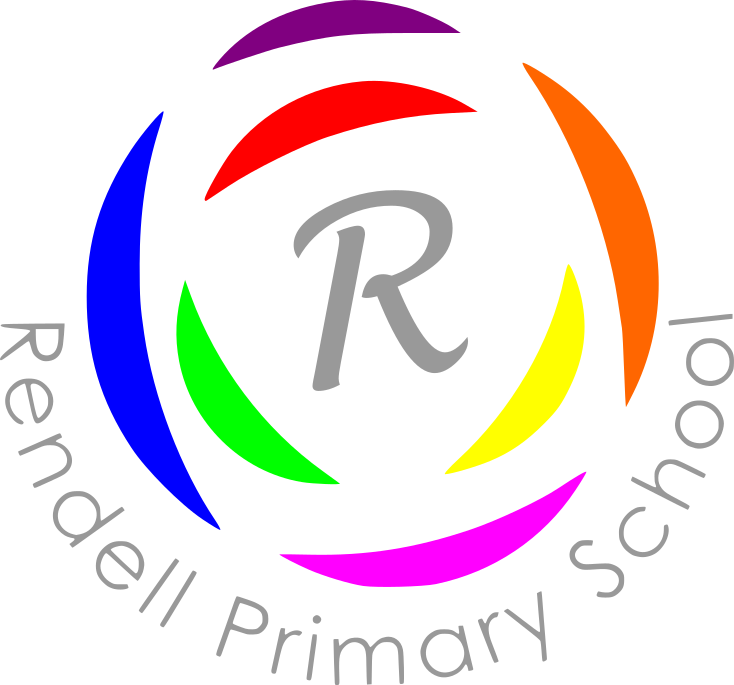Dear parents/carers
At Rendell we use a maths scheme called White Rose.
What is White Rose and why this scheme?
Aligned with the National Curriculum, White Rose is a whole-class, mastery-based resource that empowers every child to understand and succeed. It believes that all children can do maths and focuses on building a positive attitude. The program encourages practice, hard work, and seeing mistakes as opportunities to learn. With fun, interactive tools and high-quality resources, White Rose helps children understand maths deeply and for the long term. Based on extensive evidence, and developed in partnership with practising teachers, White Rose ensures that it meets the needs of children in the UK.
The White Rose Teaching Model at Rendell
White Rose clearly outlines what children need to learn at each stage of the school year. These learning goals are carefully spread across the year to help children build their maths skills step by step, following the national curriculum. The program is divided into blocks, and within each block, there are small steps to make sure children fully understand each concept.
This approach is flexible, allowing teachers to adjust lessons and materials to meet the needs of their class. It gives pupils plenty of practice to strengthen their core maths skills, and also encourages problem-solving and reasoning to help them deepen their understanding.
Reasoning strategies
Research by Nunes (2009) found that being able to reason in maths is the most important factor for a child’s success. This kind of reasoning helps children learn deeply and make connections between different maths concepts. That’s why reasoning is a key part of every maths lesson.
Throughout the year, children also take part in maths investigations, which give them a chance to use their reasoning skills to solve real-life problems. At Rendell, the reasoning strategies taught include:
|
· Spot the mistake / Which is correct? · True or false? · Another and another · What do you notice? · Continue the pattern · Hard and easy questions · What else do you know? / Use a fact · Convince me · Prove it · Always, sometimes, never |
· What’s the same, what’s different? · Odd one out · The answer is…. · What comes next? · Complete the pattern · Continue the pattern · Using the inverse · Unpicking · Do, then explain |
| There are great ideas and activities for children to do at home to help with maths skills - try some of these: |
